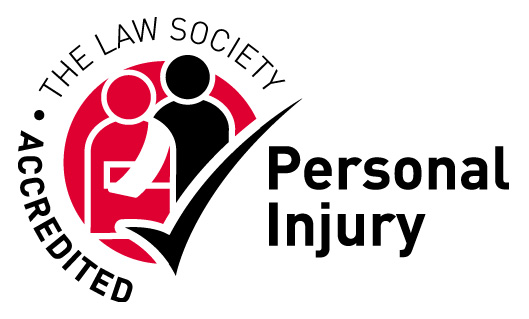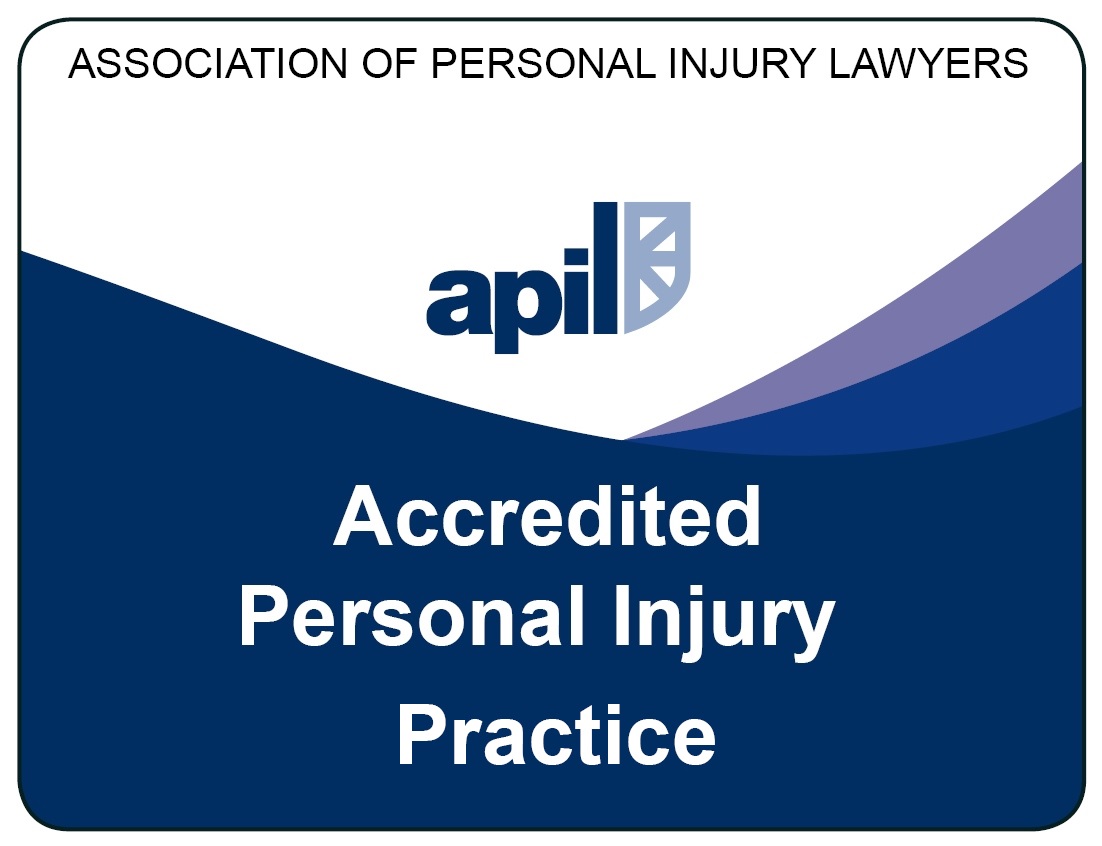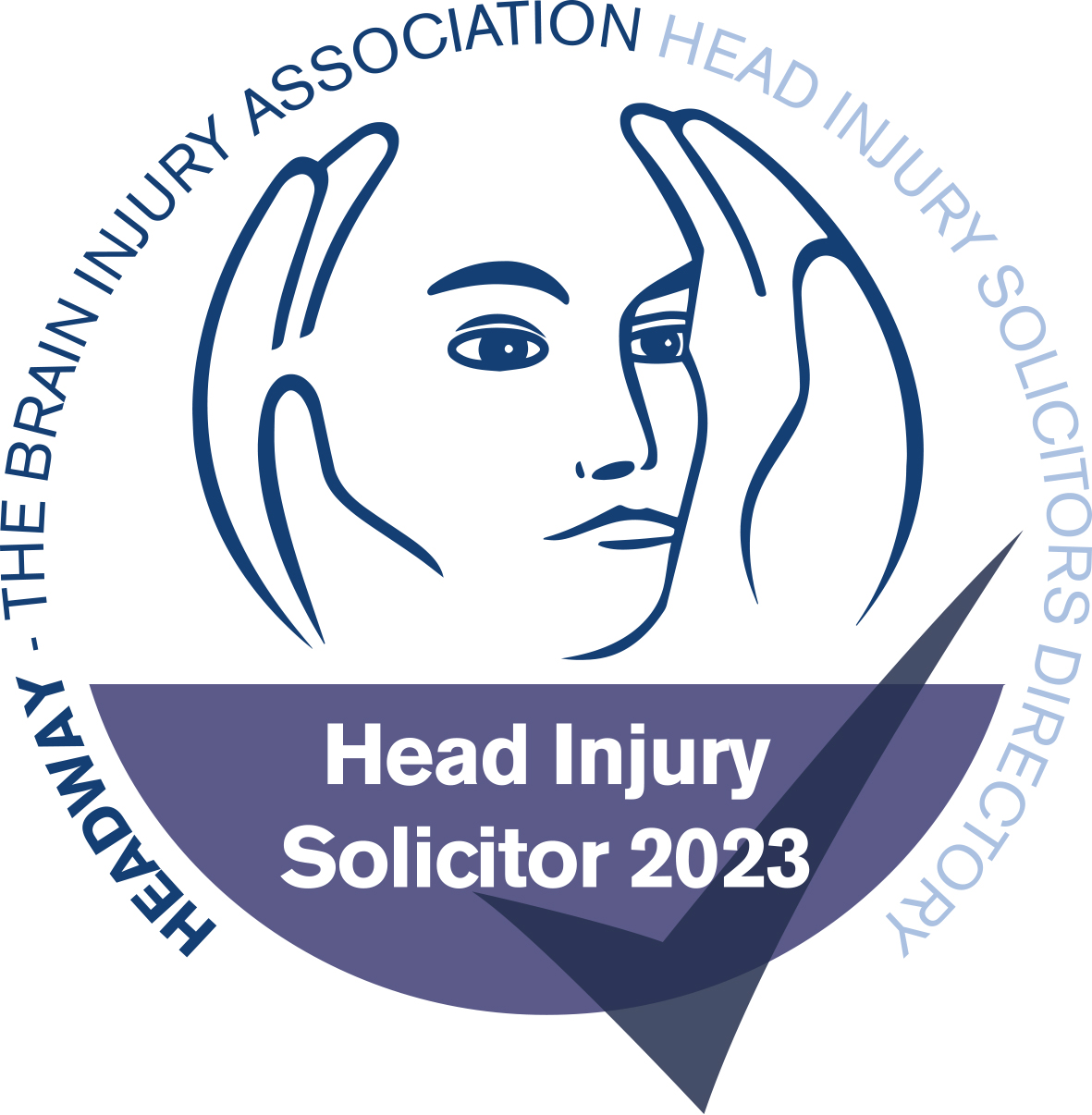




Offshore Workers Risks To Be Assessed Following North Sea Air Accident
Following the catastrophic North Sea air accident which killed 4 offshore workers in August, there will be a review of helicopter operations by the Civil Aviation Authority.
Since the accident happened there has been no official verdict outlining the reasons for the fatal incident which involved a Super Puma Helicopter.
The areas which will be examined in the new investigation be training and airworthiness. There will also be probes into operator decision making, internal management and passenger protection.
Responding to news of the review, the British Airline Association felt the investigation was ‘too little too late’.
Spate Of Helicopter Crashes In The North Sea
The fatal accident follows a spate of similar incidents involving Super Puma Helicopter crashes, with the latest being the fifth accident in four years.
In October and May 2012, there were helicopter crashes which saw all the victims survive, however, in April 2009 14 people died in a Super Puma crash.
Director of the CAA, Mark Swan said the organisation was committed to ensuring operations went as safely as possible. He added: “The recent accidents have understandably given rise to concerns, particularly with offshore workers who rely so heavily on these helicopter flights.
Calls For Independent Review
BALPA (British Airline Pilots Authority) has called for the government to carry out an independent review into the incident in the same vein as the Piper Alpha disaster was investigated.
Bob Crow, general secretary of the *RMT, said the union wants a full public inquiry into the accident and while the CAA report is good it should not be a substitute. He said that he wants safety in the North Sea to be scrutinised including ‘every aspect of the offshore working environment’.
He said: “Twenty-five years after Piper Alpha the industry owes its workforce nothing less than that.”
Dangers Of Working Offshore
Many workplaces like an offshore oil platform pose more risks than an average working environment. However, this does not mean that your employer is less liable if they are responsible for accidents. Most oil rig platforms work closely with the HSE to comply with the regulations but occasionally serious accidents do happen.
If you work in a factory, with machinery or with hazardous chemicals then you are more at risk of accidents than others. Sometimes, these accidents can leave victims with serious and life-changing disabilities which can leave you unable to work and/or having to pay for care.
If it can be proven that your workplace accident happened as a result of a third party, e.g. your employer, then you could be able to claim personal injury compensation.
Jefferies Solicitors personal injury team works with those who have suffered workplace accidents and we can work with you on a no win no fee basis in many cases. Please call our team today on 0800 342 3206.
*RMT – National Union Of Rail, Maritime and Transport Workers.
Have You Had An Accident At Work?
If you have experienced an accident at work or been injured in the workplace that was not your fault, you may be entitled to claim compensation.
Contact Jefferies personal injury lawyers on our national accident helpline above or complete our quick claim form and one of our team of specialists will be in touch to advise you on your prospects of making a successful claim.
Published 13th February 2015.





